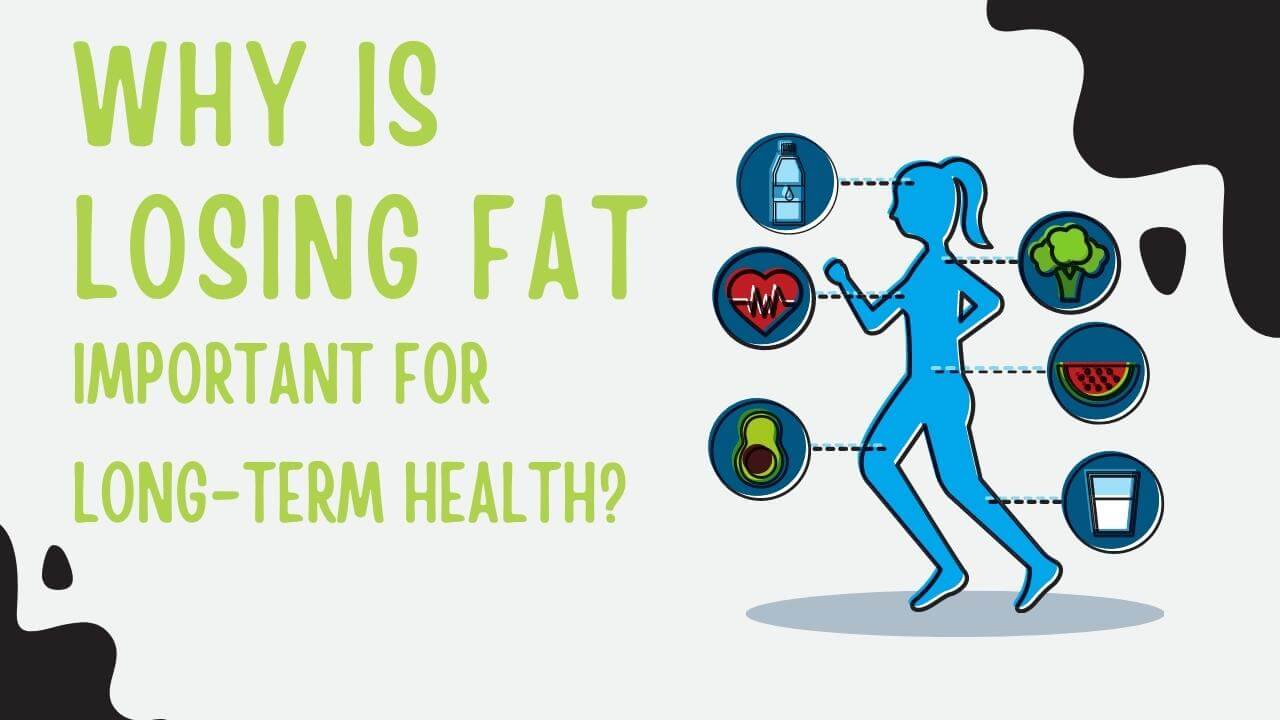Other Links
The rise of body fat
Health & Fitness Tips | Wed, 29 Mar 2023
According to the Singapore Ministry of Health, the obesity rate among Singapore residents aged 18 to 69 years old was 10.8% in 2019. This is an increase from 6.9% in 2004. Obesity rates are higher among older age groups, with 23.1% of Singapore residents aged 60 to 69 years old being obese in 2019.
It is important to note that these rates may have changed since my knowledge cutoff in 2021, and may also vary depending on the specific demographic group or population being studied.
How does it happen?

There are several factors that contribute to the rising obesity rates in Singapore, including changes in lifestyle, diet, and physical activity patterns.
One factor is the increasingly sedentary lifestyle of many Singaporeans. With the rise of desk-bound jobs and an increasing reliance on technology, many people are spending more time sitting and less time engaging in physical activity. This can contribute to weight gain over time.
Another factor is the availability and accessibility of unhealthy foods, including fast food and highly processed snacks and drinks. These foods are often high in calories, sugar, and fat, and can contribute to weight gain when consumed in excess.
Additionally, stress and lack of sleep can also contribute to weight gain. Chronic stress can lead to overeating and weight gain, while lack of sleep can disrupt the body’s natural metabolism and increase the risk of weight gain.
It’s important to note that the reasons for obesity are complex and multifactorial, and may vary from person to person. Adopting healthy lifestyle habits, including regular physical activity and a balanced diet, can help to prevent and manage obesity.
Why is fat loss so difficult?

Fat loss can be difficult for a number of reasons, including:
- Calorie Balance: At its most basic level, losing fat requires a calorie deficit, meaning you need to consume fewer calories than you burn. However, it can be difficult to consistently maintain a calorie deficit over time, especially if you’re not used to tracking your food intake or if you have a busy or unpredictable schedule.
- Metabolic Adaptations: As you lose weight, your body may adapt by slowing down your metabolism, which can make it harder to continue losing weight. This is why some people hit a weight loss plateau even when they’re still in a calorie deficit.
- Psychological Factors: Losing weight requires sustained effort and discipline, which can be difficult to maintain if you’re not fully committed to the process or if you’re dealing with stress, boredom, or other emotional triggers.
- Genetics: Some people may be predisposed to storing more fat or having a slower metabolism, which can make it more difficult for them to lose weight.
- Lifestyle Factors: Your lifestyle can also play a role in how difficult it is to lose weight. For example, if you’re not getting enough sleep, or if you’re engaging in unhealthy behaviors like smoking or excessive alcohol consumption, this can make it harder to lose weight.
Overall, fat loss can be difficult because it requires sustained effort and commitment, as well as attention to both diet and lifestyle factors. However, with the right approach and support, it is possible to achieve sustainable fat loss over time.
Why is losing fat important for long-term health?

Losing excess body fat is important for long-term health for several reasons:
- Reducing the risk of chronic diseases: Excess body fat, particularly around the abdomen, is associated with an increased risk of chronic diseases such as heart disease, diabetes, and some types of cancer. Losing body fat can lower the risk of developing these conditions.
- Improving metabolic health: Excess body fat can disrupt the body’s hormonal balance and impair insulin sensitivity, leading to metabolic dysfunction. Losing body fat can improve metabolic health, reduce inflammation, and lower the risk of developing metabolic diseases such as type 2 diabetes.
- Improving mobility and quality of life: Carrying excess body fat can put a strain on the joints and make physical activity more difficult, leading to decreased mobility and lower quality of life. Losing body fat can improve physical function, increase energy levels, and enhance overall well-being.
- Reducing the risk of mental health issues: Excess body fat has been linked to a higher risk of depression and anxiety. Losing body fat can improve self-esteem, confidence, and overall mental health.
Overall, losing excess body fat can have a significant positive impact on long-term health, reducing the risk of chronic diseases, improving metabolic health, enhancing physical function and quality of life, and boosting mental health.
